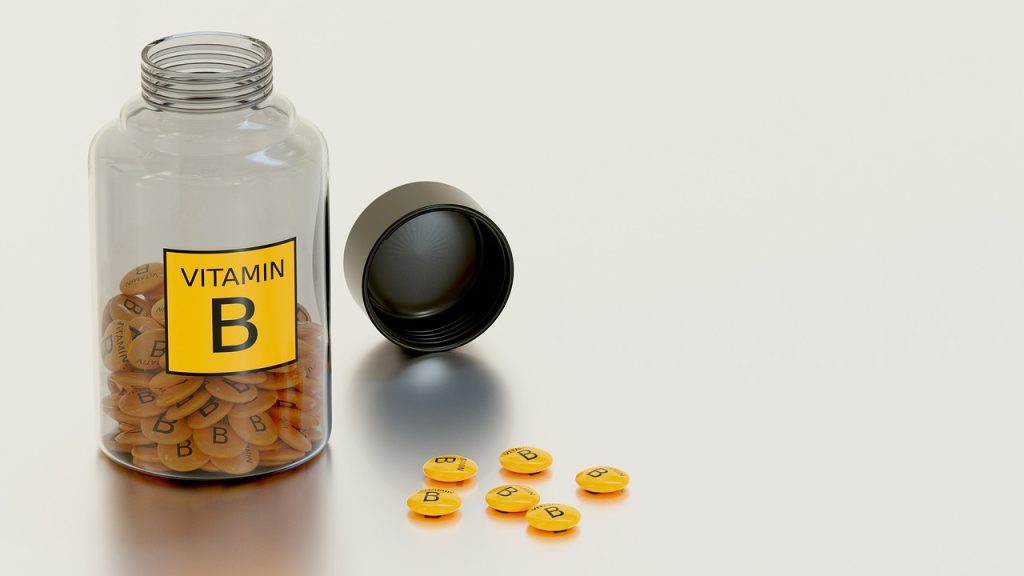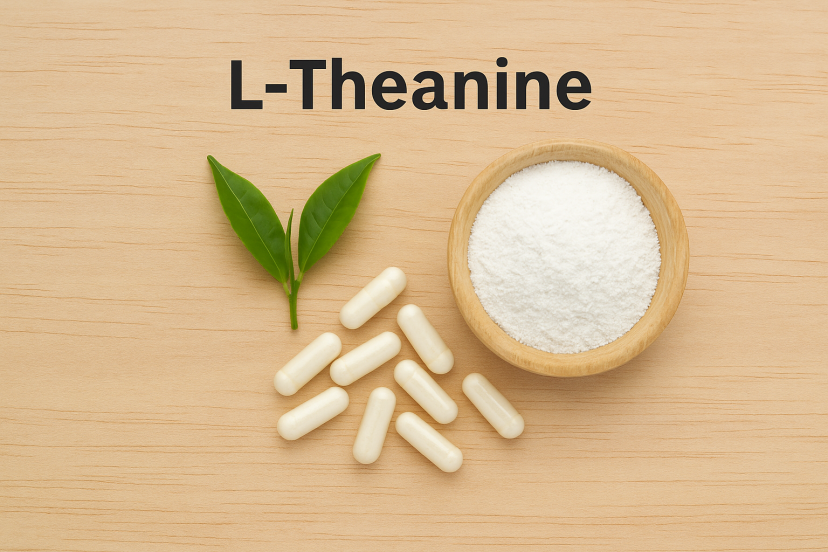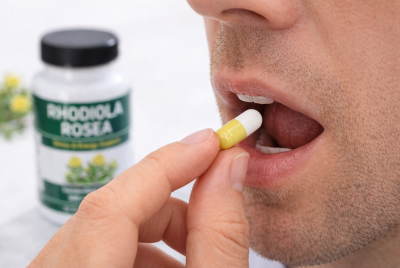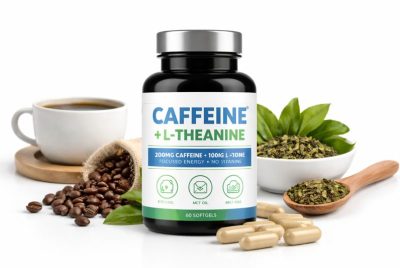10 Mood-Boosting Supplements to Counter Seasonal Slumps
We may earn a commission for purchases made using our links. Please see our disclosure for more details.
When the days grow shorter and the sunlight fades, it’s common to feel your mood sink. You might feel tired, unmotivated, or even gloomy, as if a heavy cloud is hanging over you. The problem is that less sunlight lowers vitamin D, disrupts brain chemicals, and throws off your body clock. This can leave you drained, anxious, and foggy. The good news is that mood-boosting supplements can step in to fill the gaps, balance your system, and help you feel brighter and more energized again.
Why Supplements Matter for Seasonal Mood Shifts
Despite the fact that our bodies are made to flourish in natural light, modern living frequently restricts the amount of sunlight we receive. Serotonin and melatonin, the neurotransmitters that control mood and sleep, are affected by the further reduction in daylight hours that occurs in the fall and winter. Seasonal slumps might be caused by a combination of stress, erratic routines, and nutrient-poor diets.
A healthy lifestyle cannot be replaced by supplements, although they can serve as a safety net. During the darker months, they provide what your body finds difficult to obtain naturally, strengthening your ability to handle stress, exhaustion, and emotional lows.
The Top 10 Mood-Boosting Supplements
Here’s a closer look at the best supplements that support mood, energy, and overall well-being when seasonal changes strike.
1. Vitamin D – The Sunshine Vitamin
Vitamin D, widely known as the sunshine vitamin, is essential for keeping your mood balanced and supporting overall mental health. Deficiency rates increase in the winter, when there is less exposure to sunlight. There is evidence linking low vitamin D levels to seasonal affective disorder (SAD). Taking a pill every day can assist elevate mood and bring equilibrium back.
2. Omega-3s – Essential for Brain Function
Fish oil is a typical source of omega-3 fatty acids, which are important for brain function. By promoting neurotransmitter function and lowering inflammation in the brain, omega-3 fatty acids may help alleviate depressed symptoms, according to research published in The Journal of Clinical Psychiatry. Algae oil and other plant-based sources can be excellent choices for vegetarians.
3. Magnesium – Calm and Balance
Magnesium helps regulate neurotransmitters and supports relaxation. A deficiency may contribute to anxiety, irritability, and sleep problems. Adding magnesium, especially in forms like magnesium glycinate or citrate, can ease tension and promote deeper rest—both crucial for mood stability.

4. B Vitamins – Energy and Clarity
The B-vitamin family is essential for energy production and brain function. B6, B9 (folate), and B12 are particularly important for serotonin and dopamine synthesis. Without them, your brain struggles to maintain optimal mood and focus. Supplementing with a B-complex can help keep your energy up when seasonal fatigue sets in.
5. 5-HTP – Serotonin Support
5-HTP is a direct precursor to serotonin, the “feel-good” neurotransmitter. Research suggests it can improve sleep, ease anxiety, and elevate mood by naturally boosting serotonin levels. While it’s widely available, it’s best taken under professional guidance, especially if you’re already on antidepressants.
6. Ashwagandha – Stress and Mood Ally
Ashwagandha is an adaptogenic herb known for balancing stress hormones. By lowering cortisol, it helps reduce anxiety and improve overall resilience. Studies also show potential benefits for energy and cognitive function, making it a strong ally against seasonal burnout.
7. Rhodiola Rosea – Energy and Endurance
Rhodiola is another adaptogen that supports mental stamina. Traditionally used in cold, northern regions, it’s been shown to reduce fatigue, enhance mood, and improve focus. For people struggling with winter sluggishness, Rhodiola can provide a steady, natural lift without overstimulation.
8. L-Theanine – Relaxed Focus
Found in green tea, L-theanine helps promote calm without making you sleepy. It encourages alpha brain waves, which are associated with relaxation, creativity, and reduced stress. Pairing L-theanine with caffeine (such as in tea or coffee) often results in a smooth, focused energy boost—perfect for dreary afternoons.

9. St. John’s Wort – Traditional Mood Support
For centuries, St. John’s Wort has been used to manage mild to moderate depression. Clinical trials suggest it can be effective for some people, but it interacts with many medications. Always check with your doctor before considering it.
10. Probiotics – Gut-Brain Connection
Emerging research highlights the gut-brain connection, showing how gut health directly influences mood. Since a large portion of serotonin is produced in the gut, probiotics that support a healthy microbiome can indirectly improve mood and emotional balance.
What Science Says About Mood-Boosting Supplements
Research continues to support the role of supplements in managing mood:
- A comprehensive analysis on the efficacy of vitamin D supplementation for depressive symptoms (covering 18 randomized controlled trials) found significant improvements in depression among individuals receiving vitamin D compared to placebo, especially with bolus dosing strategies.
- A meta‑analysis of omega‑3 fatty acids for depression confirmed that EPA‑rich formulations significantly reduce depressive symptoms when compared with placebos — making them a strong contender for mood support.
Adaptogens like Ashwagandha and Rhodiola have been studied in Frontiers in Psychology, showing promise in reducing fatigue and anxiety.
Gut health studies reveal probiotics may lower stress and support mood by positively influencing the gut-brain axis.
Together, these findings underscore the importance of nutritional support in mental well-being.
Lifestyle Tips to Enhance Supplement Benefits
Supplements can help, but they’re not the whole story. To maximize their effects, combine them with small lifestyle shifts:
- Get sunlight when possible: Even 15 minutes outdoors helps regulate your circadian rhythm.
- Prioritize sleep: Aim for 7–9 hours to allow your body to reset.
- Move daily: Exercise naturally boosts dopamine and serotonin.
- Eat whole foods: A nutrient-rich diet works hand-in-hand with supplements.
- Try functional beverages: Options like Nootropics Coffee add an extra layer of brain-boosting support to your routine.
Conclusion
Seasonal slumps can feel overwhelming, but they don’t have to control your life. By adding mood-boosting supplements like Vitamin D, Omega-3s, and Ashwagandha, you can strengthen your body’s natural defenses against fatigue, stress, and low mood. Pairing these with good sleep, regular exercise, and mindful nutrition sets the stage for resilience. With the right support, brighter days aren’t just a season away—they can start now.
FAQs
What is the best supplement to boost mood?
Vitamin D and Omega-3s are the most widely recommended, as both directly support brain health and emotional balance.
What supplements can help with seasonal depression?
Vitamin D, 5-HTP, St. John’s Wort, and Omega-3s have shown effectiveness in clinical studies.
What gives the highest dopamine naturally?
Exercise, meditation, music, and tyrosine-rich foods (like almonds and avocados) are excellent natural dopamine boosters.
Which supplement works best for boosting dopamine levels?
L-Tyrosine and B vitamins help support dopamine production, while Rhodiola Rosea may improve its function under stress.
Does ashwagandha increase dopamine?
Yes. Ashwagandha supports dopamine regulation indirectly by reducing stress hormones and balancing neurotransmitter activity.




